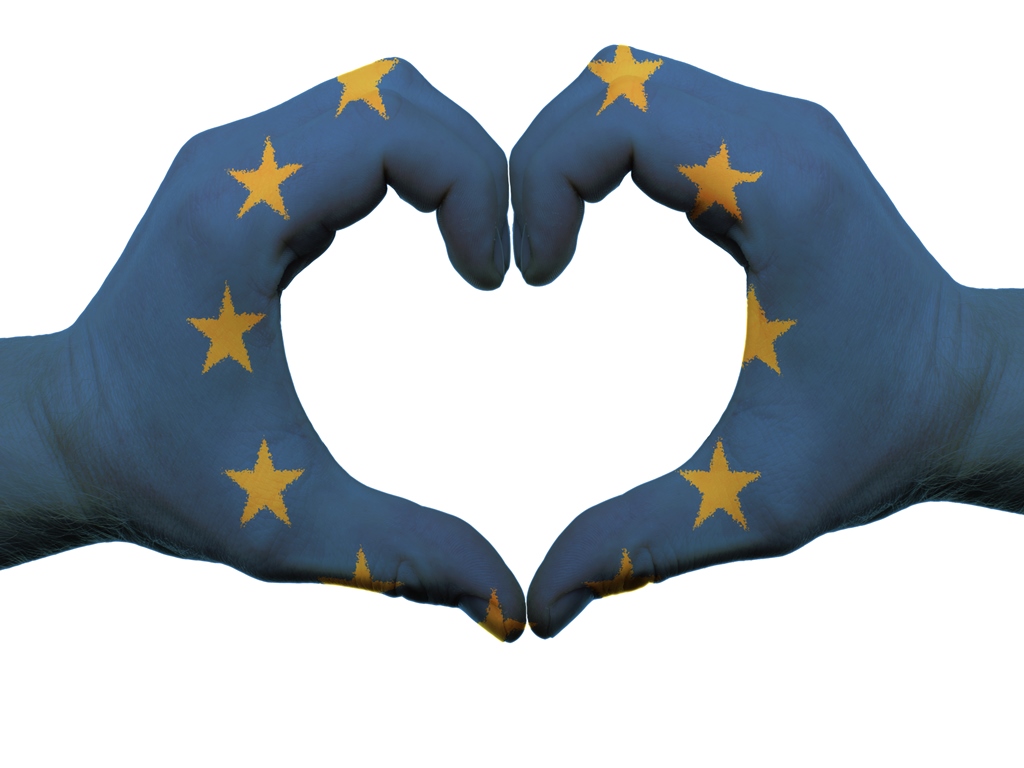Taking a stand for social cohesion

Last week the European Commission and European Council provisionally agreed to name 2018 as the European Year of Cultural Heritage. Crucially, the Commission acknowledges the importance of cultural heritage in improving social cohesion. Given the worrying trend of growing nationalist and extremist ideologies, there has rarely been so apt a time to commit to promoting our diverse communities, shared values and multiple identities.
In a speech delivered during the Future Force Conference organised by the Dutch Ministry of Defence, First Vice-President of the Commission, Frans Timmermans cast light on the threats facing European solidarity: “We see the return of fault lines in Europe. Not an iron curtain of machine guns and minefields, but a barrier of the mind, between inclusion and exclusion, between open and closed societies.” As witnessed by history, politics of fear and division have a tendency to capitalise on societies that struggle with poverty and exclusion. This is why the European institutions must do more to combat the causes of inequality. By implementing inclusive economic policies that leave no one behind, European and national decision-makers would send the message that they are committed to social cohesion far beyond the confines of the 2018 European Year.
The European Year will be an opportunity to remind people of the objectives of the European project, as outlined in the treaties: social progress, the combating of social exclusion and discrimination, the promotion of social justice and protection, and the promotion of social cohesion and solidarity among Member States. At a time when some EU countries are considering the idea of a “multi-speed” Europe, it will be interesting to see whether the championing of our cultural and social richness will bring us closer together.
Social Platform looks forward to supporting the EU to highlight the benefits of social cohesion in 2018 and beyond. Of course, as a non-governmental organisation we hope that the EU institutions and Member States will do their utmost to involve civil society in activities that promote our shared values. Civil society is representative of society as a whole and has the added value of being able to give a voice to sections of our communities that commonly remain voiceless. It’s vital that these voices are heard if the European Year is truly going to promote social cohesion. As Frans Timmermans concluded in his speech, “It is time to take a stand”. Let us stand with you!













































